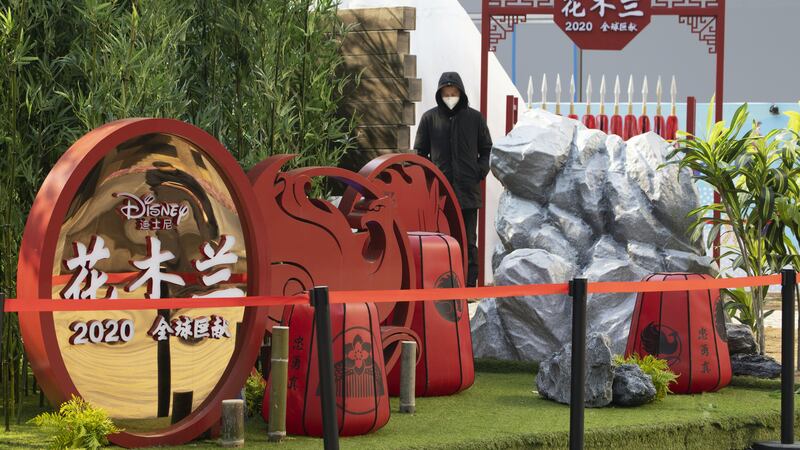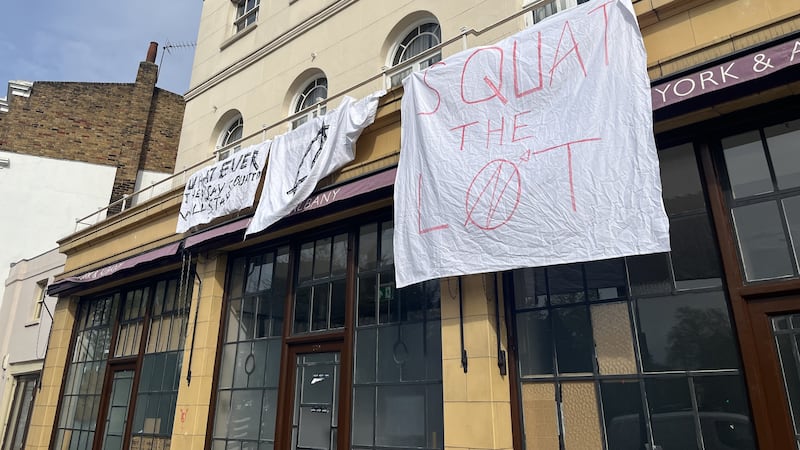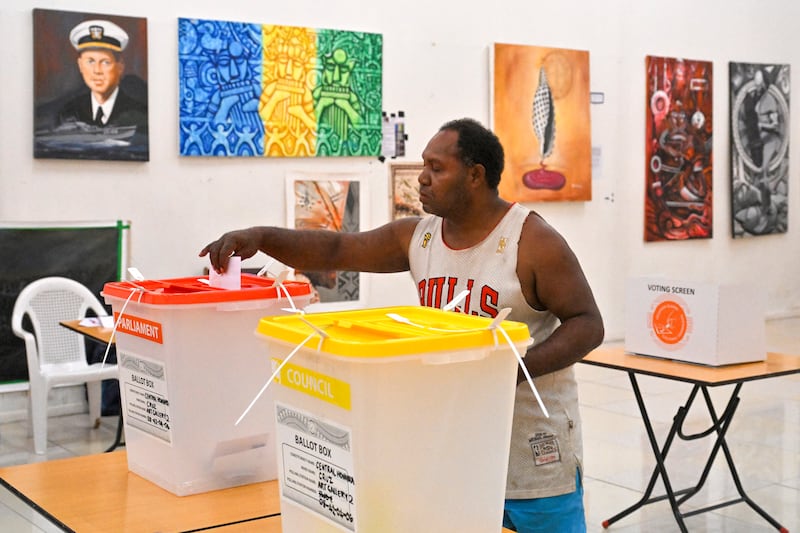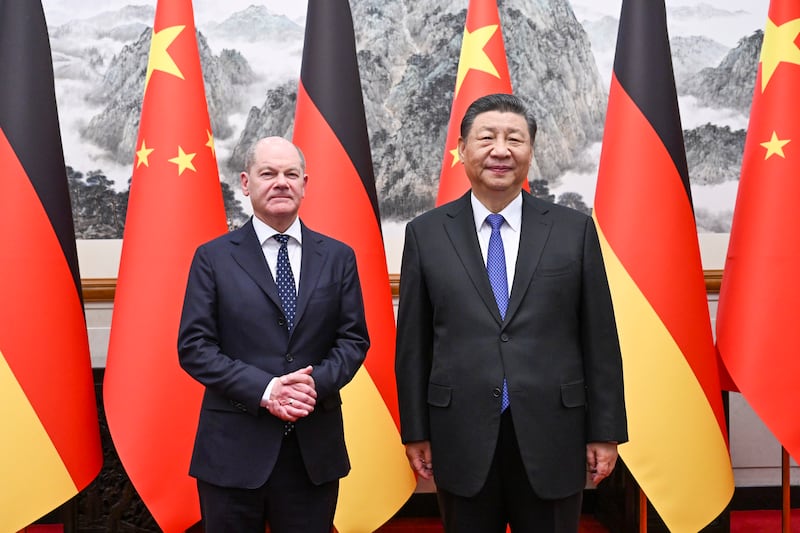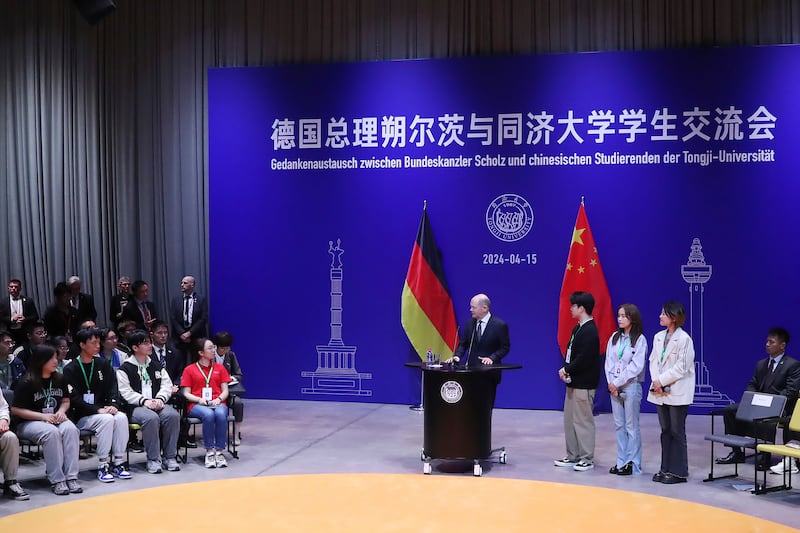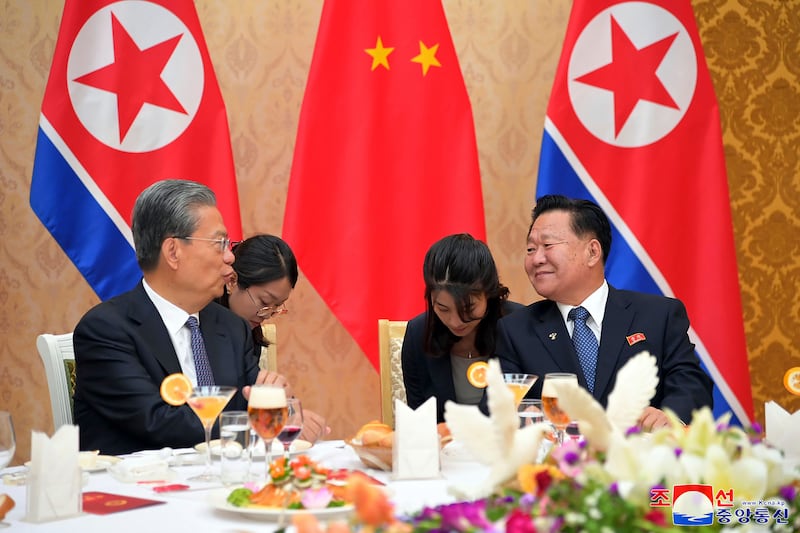Disney is under fire for filming part of its live-action reboot Mulan in Xinjiang, the region in China where the government has been accused of human rights abuses against Uighurs and other Muslim minorities.
The final credits in the film, which was released on Disney+ last week and is being rolled out in several countries this month, thank propaganda departments in Xinjiang and the public security bureau of Turpan, a Uighur-majority city in the region.
Human rights activists and some China experts have taken to social media to condemn Disney for turning a blind eye to alleged abuses in Xinjiang. They accuse the American enterprise of kowtowing to China for access to its lucrative movie market, the second-largest in the world.
Amnesty International tweeted a link to a media report on the controversy and asked Disney: “Can you show us your human rights due diligence report?”
A Washington Post opinion contributor called the movie a scandal, and one widely shared tweet suggested the Mulan crew would have seen “re-education camps” for Uighurs en route to filming locations.
Uighurs and other predominantly Muslim minorities in the remote Xinjiang region have been locked up in camps as part of a government assimilation campaign launched in response to decades of sometimes violent struggle against Chinese rule. Some have been subjected to forced sterilisation and abortion, and in recent months, ordered to drink traditional Chinese medicines to combat the coronavirus outbreak.
Chinese authorities defend the camps as job training centres, though former detainees describe them as prison-like facilities where they were humiliated, beaten and deprived of food.
“There is no so-called re-education camp in Xinjiang,” foreign ministry spokesperson Zhao Lijian said when asked about the Mulan controversy. “The establishment of the vocational education and training centres in Xinjiang is a positive attempt and active exploration of preventive counter-terrorism and deradicalisation. There have been no violent terrorist attacks in Xinjiang for more than three years.”
The film, which is a remake of the popular 1998 animation, is based on the ancient Chinese tale of Hua Mulan, a young woman who takes her father’s place in the army by dressing as a man.
